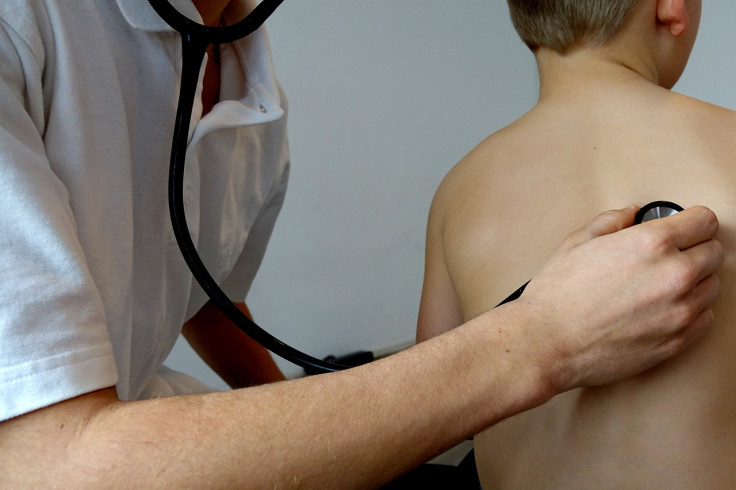World Pneumonia Day: All You Need To Know About The Life-Threatening Infectious Disease

World Pneumonia Day is marked on Nov. 12 every year to bring attention to a serious, potentially life-threatening lung infection that affects millions of people worldwide.
Pneumonia is an infection that causes inflammation of the air sacs in one or both lungs. It can cause mild to severe illness in people of all ages.
Symptoms include cough, shortness of breath, chest pain, confusion, fatigue, fever, nausea, fever, sweating and chills. People can develop complications such as bacterial infection in the blood, difficulty breathing, lung abscess and pleural effusion (fluid build-up around the lungs).
What causes pneumonia?
There is no single cause of pneumonia. A person can develop pneumonia either from viruses, bacteria or fungi. The most common cause is bacterial infection caused by Streptococcus pneumoniae. Based on how a person contracts the infection, it can be aspiration pneumonia (when food/ liquid gets into the lungs), community-acquired, hospital-acquired or ventilator-associated pneumonia.
Know the risk factors
Although anyone can get pneumonia, adults 65 years or older and children below the age of five are particularly at risk. People who have chronic conditions such as asthma, chronic obstructive pulmonary disease (COPD) or heart disease and those with weak immunity due to HIV, chemotherapy or organ transplant are also at risk. The risk of pneumonia is high for cigarette smokers and those admitted to intensive care units.
Prevention
Getting vaccinated against flu and pneumonia, especially for people at high risk, can help prevent the infection. Quitting smoking, maintaining hand hygiene and improving overall immunity can also help.
Some facts about Pneumonia
- Pneumonia is the world's leading cause of death in children below the age of five. The infection kills around 2,000 children every day. In the U.S., it is one of the leading causes of child hospitalizations. Around one million adults get hospitalized due to pneumonia every year, of which 50,000 die from the disease.
- Unlike cold or flu, a person can contract pneumonia in any season of the year. The cold weather does not cause the infection.
- The risk of pneumonia increases with age but healthy and active adults can also contract the infection.
- Even after recovery, children may have an increased risk for chronic lung diseases. Adults may find it difficult to exercise and have reduced quality of life for months or years. They are also at increased risk of cardiovascular diseases and cognitive decline.
- People hospitalized for other reasons can develop hospital-acquired pneumonia, which has a higher mortality rate than any other hospital-acquired infection.
Published by Medicaldaily.com



























